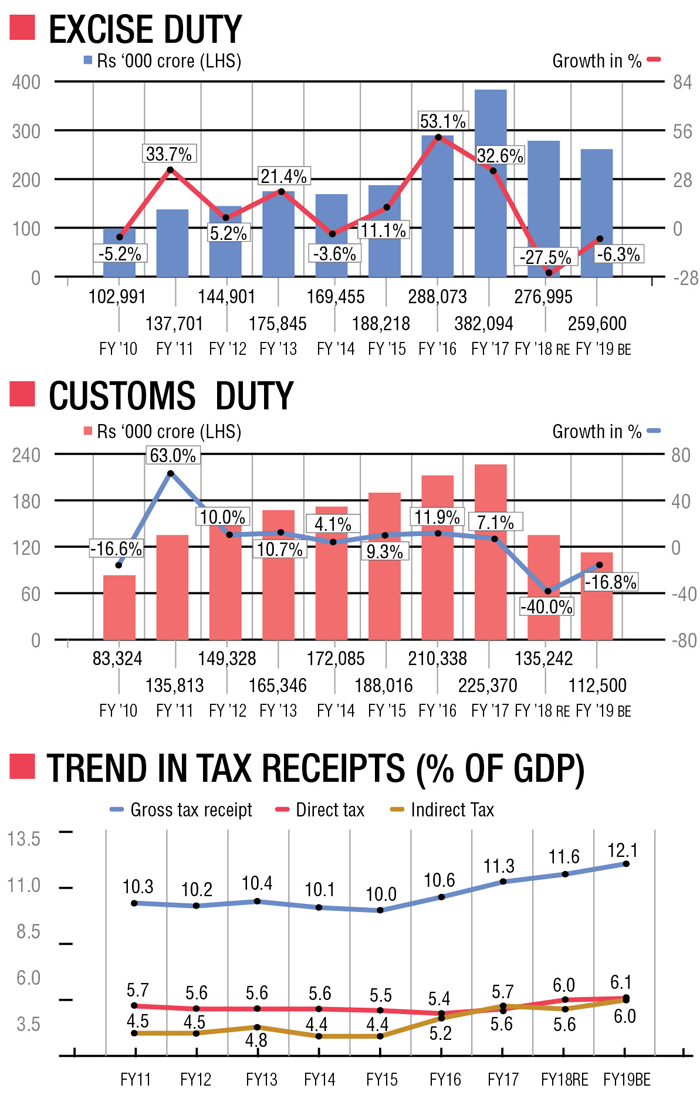Amendments to be effected in IT Act to provide relief with respect to MAT and carry forward of losses
The bidders for stressed companies will now have softer tax liabilities after Finance Minister Arun Jaitley clarified that the losses and depreciation of the companies under the Insolvency and Bankruptcy Code (IBC) 2016 can be carried forward to offset future profits. The losses can also be considered while calculating the minimum alternate tax (MAT), which is the tax on the operating profit, even if there is no net profit.
Rajesh Narain Gupta, managing partner, SNG & Partners, said, the Budget has offered some tax benefits to the bidders while acquiring stressed assets. “The losses and the depreciation of the company will also be allowed to be set off against the income of the company in the subsequent years so that the new managements are not squeezed out of finance. The MAT implication will be lower,” he said.
The clarification is significant specially in cases where there is a write-off, and the assets are acquired at a discount. The discount on the loans will not be considered as income of the company and taxed in the subsequent years when the company starts making profit. These discounts also need not be taken into account while calculating the MAT liability in the subsequent years.
The current provisions do not allow companies to carry forward the losses or the depreciation if there is a change in management but under the IBC, as the companies are stressed, the benefit is given to encourage a larger bouquet of investors.
Manoj Singh, founding partner, Singh & Associates, said, “The Budget introduced three specific amendments under the Income Tax Act in the light of IBC. An amendment has also been made under Section 79, which allows companies to carry forward the losses and set it off against their profits when the company turns profitable if the change in management is more than 49%. Another major clarity is allowing the insolvency professional to check the returns of the company whose boards are suspended under the NCLT.”
The other tax exemption that banks are seeking from the Budget was on the equity share transfers. When management changes that happen outside the NCLT and the Reserve Bank of India (RBI) mandated resolution processes equity share transfers get taxed. That is when there is an equity transfer to the new management at a price lower than the fair value of the share or the market value, then the difference in the share price is taxable.

The government also proposes to amend the provisions in relation to benefit of carry forward and set-off of losses on change in beneficial owners of shares of companies under IBC, according to Sameer Gupta, financial services tax leader, EY India . “The valuation of the companies under IBC taking the debt obligations into consideration are low, hence, it is imperative for the government to clarify that the provisions relating to transfer or receipt of shares at fair market value. Also, under the resolution process, the creditors of these companies would accept a haircut resulting into write backs for the companies, clarification on such write backs not being taxable is vital for the entire process under IBC to work efficiently.”



